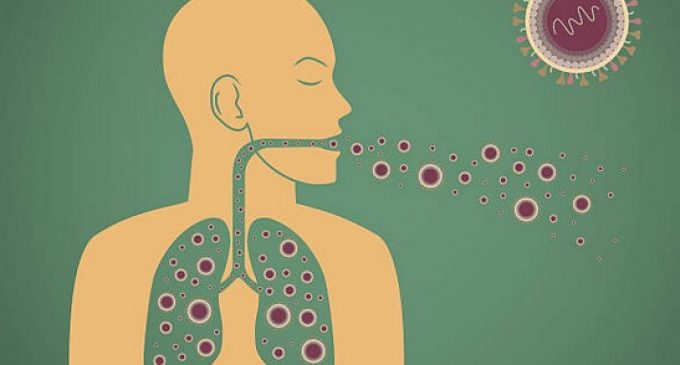Development of new respiratory syncytial virus vaccine

SGS announced it has entered into collaboration with Bavarian Nordic A/S, an international biotechnology company specialising in vaccines, to develop a new respiratory syncytial virus (RSV) challenge strain.
This will assist with the advancement of a universal vaccine candidate designed to induce protective immune responses against both subtypes (A & B) of RSV.
The project will build upon the results of phase II trials undertaken by Bavarian Nordic and will include a human challenge study, which will be carried out at the SGS Clinical Pharmacology Unit in Antwerp, Belgium, using the new RSV challenge strain, once it has been fully developed and validated.
RSV is recognised as a significant cause of respiratory illness in all age groups. It is highly infectious and the most common cause of lower respiratory tract infections in paediatric populations worldwide, resulting in a high number of hospitalisations.
RSV infections are also a serious health concern in the elderly and in adults with cardiopulmonary disease. According to WHO estimates, RSV infects more than 64 million people globally each year and causes a similar number of deaths to those caused by influenza.
However, while there is a vaccine to prevent influenza, there is no vaccine to prevent RSV. There are only two subtypes of RSV, A & B, which are typically present either simultaneously or alternately during yearly epidemics.
Adrian Wildfire, Project Director of Infectious Diseases and Human Challenge Unit at SGS, said: “This partnership combines expertise from both companies with a view to bring a truly life changing therapy to the market. SGS’s experience in both virus development and in conducting human challenge trials safely and to exacting standards provides the potential to gain efficacy data concerning the vaccine prior to initiating a phase III study.”
Wim van Loon, Managing Director at SGS Benelux, said: “SGS is an innovative company and the experience we gained from developing our novel H3N2 challenge strain to combat influenza has allowed us to look at new opportunities, such as this collaboration. It is hoped that the result of this partnership will result in a new RSV vaccine being brought to market quickly and safely, ultimately benefiting patients.”
The collaboration comes after SGS’s success in the development of a novel GMP-manufactured, non haemagglutinating, wild-type strain of Influenza A H3N2 (A/Belgium/4217/2015), which is approved for use as a challenge agent in studies demonstrating the early efficacy of influenza drugs and vaccines in healthy volunteers.
The performance of the human challenge or the controlled human infection model (CHIM) and the value of the efficacy data associated is directly related to the quality of the challenge agent. With recent failures seen at phase III for a number of promising pipeline products, de-risking the late phase element of drug development is more important than ever.
New influenza and RSV challenge agents, representing more recent circulating strains, with strong virological and host signals are essential for clinical evaluation if the model is to develop and provide the level of assurance required for successful candidate selection and progression.
SGS is a leading life sciences contract research organisation (CRO) providing clinical research, bioanalytical, biologics characterisation, biosafety and quality control testing.
Delivering solutions in Europe and the US, SGS offers clinical trial (Phase I to IV) services encompassing full early phase drug development consultancy and services, biometrics, PK/PD modelling and simulation, and regulatory and medical affairs consultancy.
SGS has its own clinical unit in Belgium and two phase I patient units based in Belgium and Hungary. SGS has a wealth of expertise in early phase clinical trials, first in human (FIH) studies, human challenge testing and complex PK/PD studies with a focus on infectious diseases, vaccines, and respiratory therapeutics.






